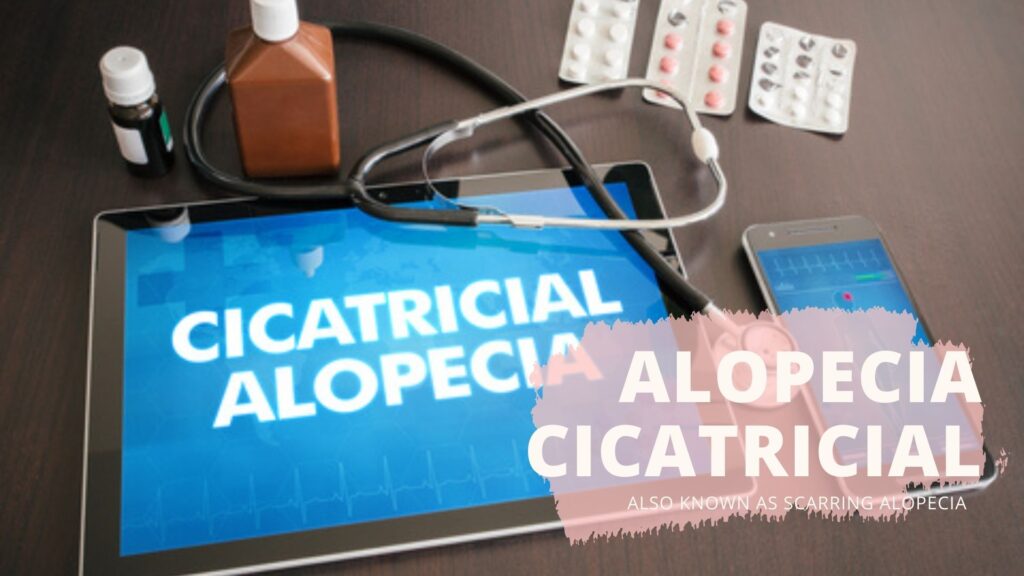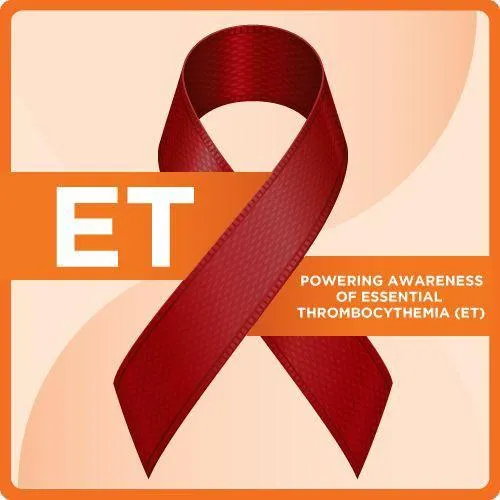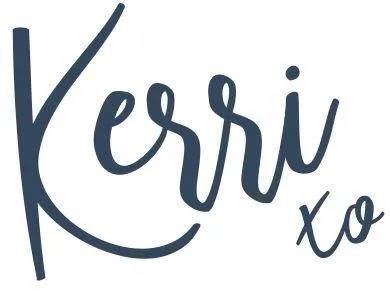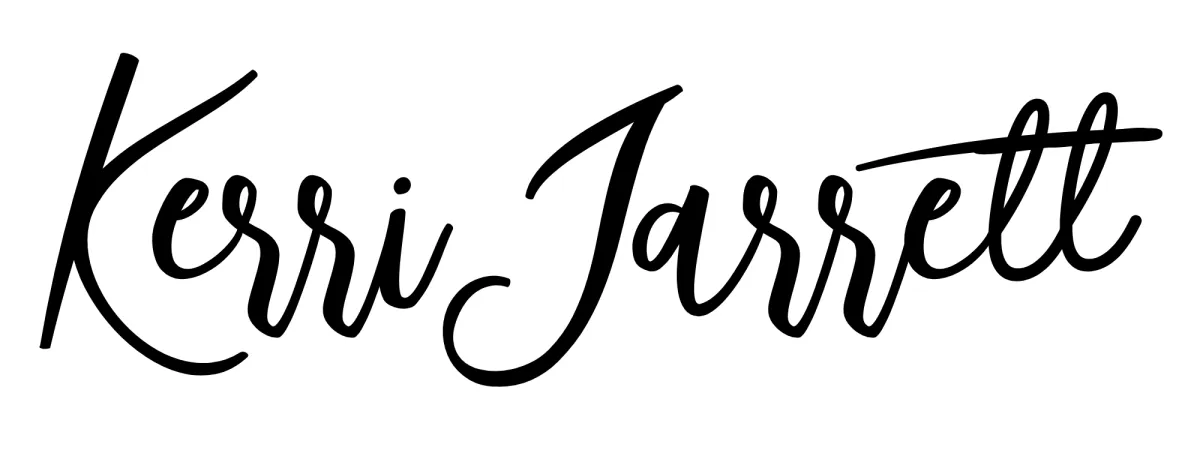THE ART OF INTENTION
Jewelry, Insights & More
Explore my handcrafted jewelry designed to inspire intention and self-awareness, serving as a meaningful reminder of your journey.
Looking for more? Follow me for ongoing insights into self-awareness, intention setting, and the mind-body-spirit connection, and join me for events and practices that support personal growth.
Why I Create Jewelry with Intention
Jewelry-making has always been more than a craft for me—it’s a way to process, focus, and ground my energy. With ADHD and Dyslexia, I’ve found that working with my hands helps me retain information, stay present, and deeply absorb what I’m learning. My creative process isn’t just about design—it’s about intention, clarity, and channeling energy into something meaningful.








The Science & Energy of Jewelry
Focus & Creativity: Jewelry-making activates both sides of the brain—allowing me to process research and deepen my retention while staying engaged.
Energy & Intention: The stones and symbols I use are chosen with care, based on their energetic properties and alignment with intention-setting.
Tactile Learning & Mindfulness: For those of us who thrive with hands-on engagement, jewelry isn’t just an adornment—it’s a powerful tool for focus and awareness.

Shop My Intentional Jewelry
Every piece I create carries meaning. If you’re looking for jewelry that is not just beautiful, but also helps you align with your intentions and focus, check out my latest collections.
👉 Shop Shop SENTIMENTAL GEMS
The Art of Expression: Blogging, Vlogging & Storytelling
Beyond creating jewelry, I have a deep passion for writing, blogging, and vlogging—sharing insights on the topics that inspire me most. From intention setting and self-awareness to business, creativity, and holistic well-being, my content is a reflection of the experiences, knowledge, and perspectives I’ve gathered along the way.
Whether through words or video, I love exploring big ideas, sparking meaningful conversations, and offering new ways to see the world.
📖 Read the latest on my blog
🎥 Watch my vlogs for deeper insights
Follow along and join the journey!

Cicatricial Alopecia
Alopecia cicatricial, also known as scarring alopecia, is a type of hair loss that results in permanent hair loss due to damage to the hair follicles. This damage can occur as a result of a number of different conditions, including autoimmune disorders, skin infections, and burn injuries.
Symptoms of alopecia cicatricial typically include hair loss, itching, and redness or inflammation in the affected area. In some cases, there may also be scarring or changes in the texture of the affected skin.
While the exact cause of alopecia cicatricial is not known, it is believed to be related to an immune system disorder that causes the body to attack its own hair follicles. This can lead to inflammation, scarring, and ultimately, hair loss.
There is currently no cure for alopecia cicatricial, but there are a number of treatment options that can help to manage the condition. These include topical and oral medications, as well as light therapy and other forms of skin care.
In addition to medical treatment, there are also a number of self-care measures that can be taken to help manage the symptoms of alopecia cicatricial. These include avoiding harsh hair care products, using gentle, non-irritating shampoos and conditioners, and protecting the affected area from sun and wind exposure.
If you or someone you know is experiencing hair loss or other symptoms that may be related to alopecia cicatricial, it is important to seek medical attention as soon as possible. Early diagnosis and treatment can help to prevent further hair loss and minimize the impact of the condition on your quality of life.
In conclusion, Alopecia Cicatricial is a type of hair loss that results from damage to the hair follicles, it can be caused by different conditions, symptoms include hair loss, itching, and redness or inflammation, there is no cure for it but there are treatment options that can help manage the condition, and it is important to seek medical attention as soon as possible for early diagnosis and treatment.
Types of Alopecia Cicatricial
There are several types of cicatricial alopecia, including:
Scarring alopecia (also known as “primary cicatricial alopecia”): A group of conditions characterized by inflammation that leads to destruction of the hair follicles, resulting in permanent hair loss.
Secondary cicatricial alopecia: Hair loss that results from a pre-existing condition or disease, such as lupus or lichen planopilaris.
Central centrifugal cicatricial alopecia (CCCA): A type of scarring alopecia that primarily affects African American women. It typically presents as a central area of hair loss that spreads outward over time.
Folliculitis decalvans: A rare type of scarring alopecia that primarily affects men and is characterized by inflammation and scarring of the hair follicles.
Dissecting cellulitis of the scalp: A rare type of scarring alopecia that primarily affects men and is characterized by inflammation, scarring, and formation of abscesses in the hair follicles.
Tufted folliculitis: A rare condition that can occur in any hair-bearing area, it is characterized by clusters of small, raised, and itchy pustules.
Pseudopelade of Brocq: A rare form of cicatricial alopecia characterized by round or oval patches of hair loss that may be associated with itching, burning, or a sensation of tightness in the scalp.
Cicatricial Alopecia and Stress
While the exact causes of cicatricial alopecia are not fully understood, research suggests that stress may play a role in the development of the condition. Stress can trigger an inflammatory response in the body, which can lead to the destruction of hair follicles and hair loss. Additionally, stress can also exacerbate pre-existing conditions that can lead to cicatricial alopecia, such as lupus or lichen planopilaris. Managing stress through techniques such as meditation, yoga, and exercise may help to reduce the risk of developing cicatricial alopecia or slow its progression. It is important to consult a dermatologist if you suspect you may have cicatricial alopecia as early diagnosis and treatment is crucial for preventing further hair loss.

Want to See More? Let’s Connect!
My work goes beyond just jewelry and hair—I love exploring the connections between intention, creativity, and personal transformation. On my social platforms, I share insights into epigenetics, lifestyle, self-awareness, and how the energy we cultivate influences our daily lives. I also take you behind the scenes of my jewelry-making, hair artistry, and the creative process that fuels it all. Follow along for:
🔹 Epigenetics & Lifestyle
How our environment, mindset, and choices shape our well-being.
🔹 The Creative Process
Behind-the-scenes looks at my jewelry-making and design work.
🔹 Hair & Energy Work
The artistry of hair and how beauty connects to self-expression.
🔹 Intention & Self-Awareness
Setting purposeful goals and aligning with what truly matters.


Ready to Dive Deeper?
The Art of Intention: Aligning Science, Self-Awareness & Choice
The most important relationship you will ever have is the one with yourself. It shapes your decisions, your well-being, and even your genetic expression. The way you navigate life—your thoughts, habits, and actions—creates ripple effects that extend far beyond the present moment.
Through epigenetics , we see that intention isn’t just a mindset—it’s a powerful influence on your well-being. Your thoughts, habits, and environment shape your health and future at a cellular level. Here, you’ll find practical tools and insights to deepen self-awareness, create balance, and align with the life you’re meant to lead.
DISCLAIMER
I believe in transparency on the web and so we are disclosing that we’ve included certain products and links on this site that we recommend and use ourselves; that do earn an affiliate commission for any purchases you may make. We are independent and the opinions expressed here are our own. By taking any advice from this website you are agreeing to the following terms out lined on the following link: Disclaimer.
MY SUPERPOWER

Chronic illness does not define me; it empowers me.
- Kerri
COMPANY
FOLLOW @kerrijarrett

© 2025 Kerri Jarrett. All Rights Reserved.

